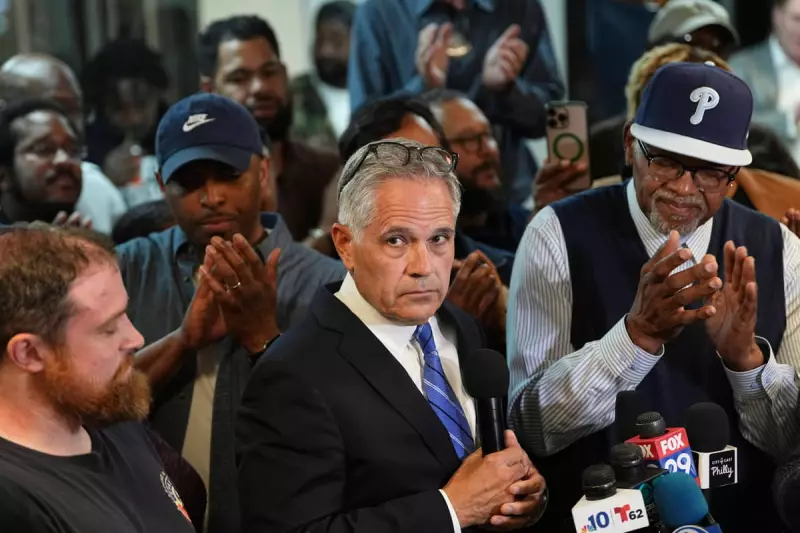
In a stunning political victory that defies national conservative trends, Philadelphia's progressive District Attorney Larry Krasner has secured an unprecedented third term, solidifying the city's position as the epicentre of America's criminal justice reform movement.
A Mandate for Reform
Krasner's decisive win against Republican challenger Michael Untermeyer represents a powerful endorsement of his controversial approach to prosecution. The veteran civil rights attorney, who first took office in 2018, has transformed Philadelphia's justice system through policies that critics label as soft on crime but supporters hail as long-overdue reform.
The Progressive Prosecutor's Agenda
During his campaign, Krasner doubled down on the platform that first propelled him to victory seven years ago:
- Reducing mass incarceration through charging discretion
- Opposing the death penalty in all cases
- Prosecuting police misconduct aggressively
- Diverting low-level offenders to rehabilitation programmes
- Challenging wrongful convictions
Surviving the Opposition Onslaught
Krasner's path to this historic third term was anything but smooth. He faced relentless opposition from powerful quarters, including the city's police union, which spent heavily to defeat him. The Fraternal Order of Police Lodge 5 mounted an aggressive campaign portraying him as responsible for Philadelphia's crime challenges.
"This victory isn't just about me—it's about Philadelphia rejecting fear-based politics and choosing evidence-based justice," Krasner told supporters during his victory speech.
National Implications
Political analysts are viewing Krasner's success as a significant indicator that the progressive prosecutor movement maintains strong urban support, even as conservative law-and-order messaging gains traction elsewhere. His victory demonstrates that reform-oriented district attorneys can survive intense political pressure and maintain voter confidence.
What Lies Ahead
As Krasner prepares for another four years, he faces mounting challenges:
- Continuing to reduce Philadelphia's jail population while addressing public safety concerns
- Navigating ongoing tensions with law enforcement agencies
- Implementing new diversion programmes for substance abuse and mental health crises
- Fending off potential state-level interventions from conservative legislators
The Philadelphia experiment in progressive prosecution continues, with national observers watching closely to see if Krasner's model can deliver both reform and public safety in his final term.





